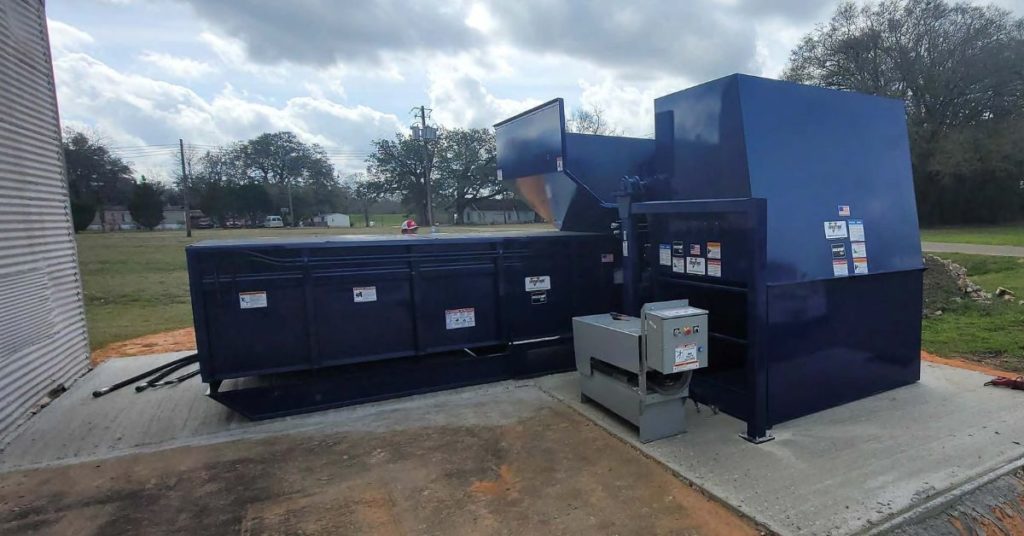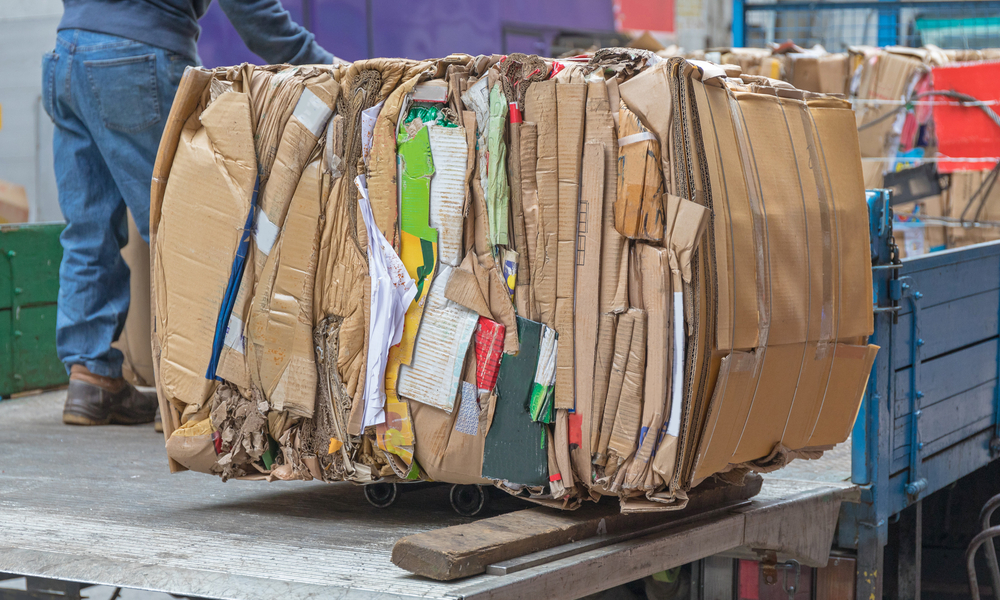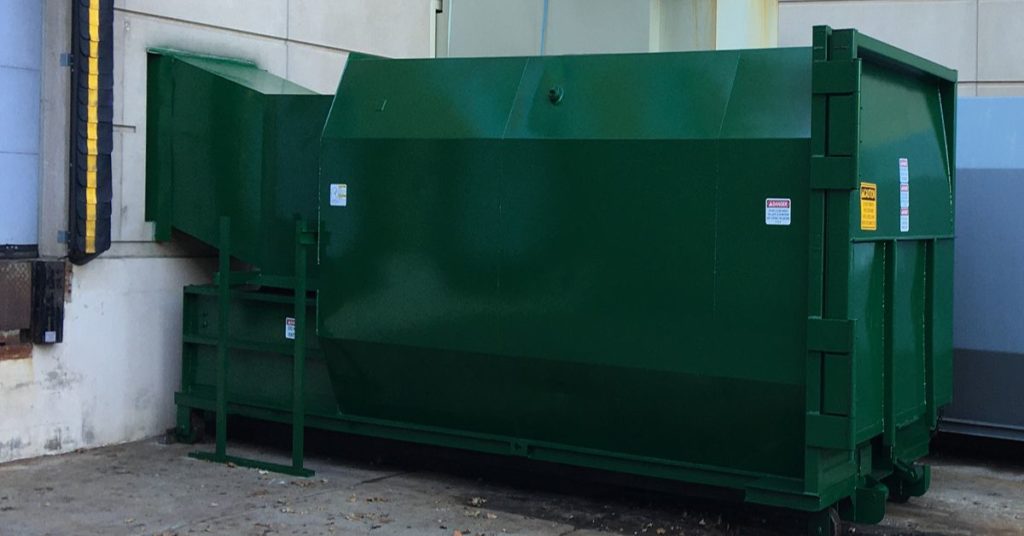As a property manager, the way you manage waste has the potential to streamline your operations or create a cascade of challenges that affect everything from your budget to your property’s reputation. Discover these waste management strategies for property managers that will help you reduce costs and create a cleaner, more sustainable property.
Why Waste Management Should Be a Priority
It’s easy to overlook waste management when juggling tenant concerns, maintenance requests, and financial oversight. However, proper waste management brings several key benefits to your property:
- Cost efficiency: With a streamlined waste system, you can lower waste disposal costs by reducing the number of collections needed.
- Improved tenant satisfaction: Without overflowing trash bins or littered communal spaces, you can retain your tenants and keep them happy.
- Environmental compliance: Many cities and states have implemented stricter regulations on waste disposal. Adopt good waste management practices to maintain compliance with local laws.
- Positive environmental impact: Managing waste responsibly reduces environmental harm and aligns your property with growing sustainability trends.
Assess Your Current Waste Management Practices
Before making changes, evaluate your property’s current waste management system. During your evaluation, ask yourself these key questions:
- How much waste does your property generate? Understanding volume will help you determine whether your current bins are adequate or if you need larger capacities.
- What types of waste are common? Knowing whether most of your waste is recyclable, organic, or general will guide your disposal methods.
- Are there consistent bottlenecks? If tenants regularly complain about issues like overflowing bins or inaccessible waste disposal areas, make a note to remedy them.
To set the stage for improvements, make an audit of this information to get a clear view of what works and what doesn’t.
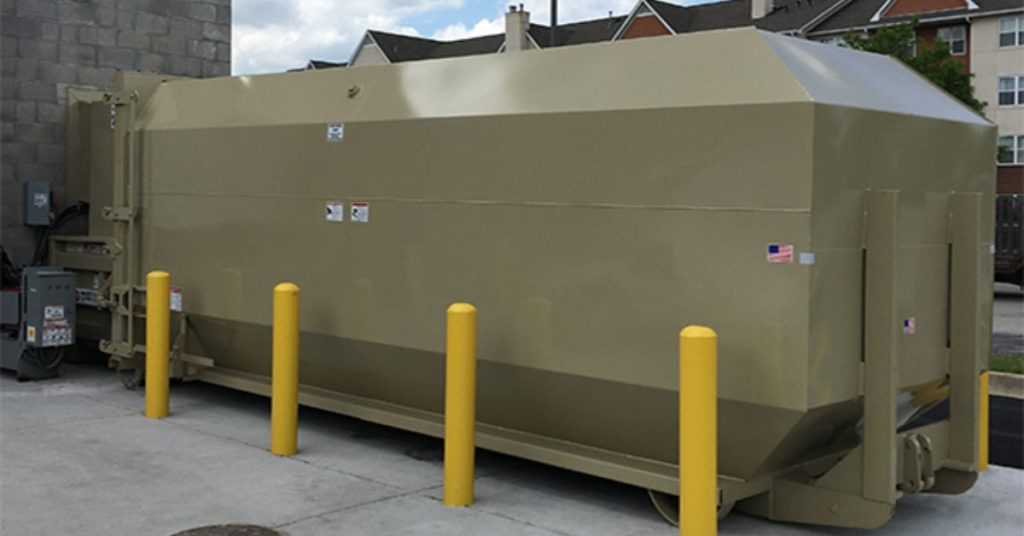
Improve Waste Collection Systems
Once you’ve identified inefficiencies, it’s time to optimize your waste collection system by introducing a few practical changes.
Strategic Bin Placement
Though it may seem like an obvious solution, placing bins in convenient, high-traffic areas can drastically improve waste disposal. If tenants struggle to locate bins, they’re more likely to dispose of trash improperly. Clearly mark the bins for general waste, recyclables, and compostables in key areas like parking lots, lobbies, and communal spaces.
Scheduled Waste Pickups
Work with your waste collection provider to set a schedule that aligns with your property’s waste generation patterns. You can avoid expensive, unnecessary pickups and delayed pickups that may create a mess and frustrate your tenants.
Clear Instructional Signage
Confusion about what goes where is one of the biggest barriers to effective recycling and proper waste segregation. Use clear, easy-to-read signage with images and color coding. If placed outdoors, make sure these signs are visible and waterproof.
Tenant Education
If you fail to communicate your waste disposal system properly, your tenants may not understand how to follow it. Share guidelines at lease signings, post reminders in newsletters or portals, and hold occasional green building awareness days to involve tenants in sustainable practices.
Industrial Trash Compactors
When managing high-occupancy properties like apartment complexes or commercial spaces, regular bins often aren’t enough to handle large volumes of waste efficiently. This is where industrial trash compactors come in. These machines compress waste into smaller, more manageable units that reduce the volume of waste and the number of collections required.
Benefits of Using Trash Compactors
- Efficiency: By reducing the size of waste, compactors free up space in your waste storage areas and reduce the frequency of pickups.
- Cost savings: Fewer pickups mean lower waste collection fees.
- Environmental impact: Since you send fewer collections to landfills, compacted waste minimizes the carbon footprint of transporting trash.
- Tidiness: Compacted waste is contained in a clean, organized manner, eliminating the overflow of loose trash that often causes pest problems.
- Improved productivity: When building staff spend less time managing waste, they can focus on other maintenance tasks.
Switching to a trash compactor isn’t as intimidating as it sounds. To assess whether a compactor is right for your property, contact Compactor Rentals of America to learn more about compactor rentals. With modern innovations, many compactors are user-friendly and require only minimal training for staff and tenants.
Prioritize Recycling Programs
These days, recycling is a key expectation for tenants and regulatory bodies. Introducing or improving a recycling system has the potential to better your property’s waste management strategy.
Implement Separate Bins
Dedicate clearly labeled bins for items like paper, cans, glass, and plastics.
Partner With a Recycling Service
Work with a specialized recycling company to handle sorting and processing. These services keep your efforts compliant with your city’s requirements.
Monitor and Adjust
Track the success of your recycling program. If tenants aren’t engaging, look for barriers like misplaced bins or unclear signage, addressing them immediately.
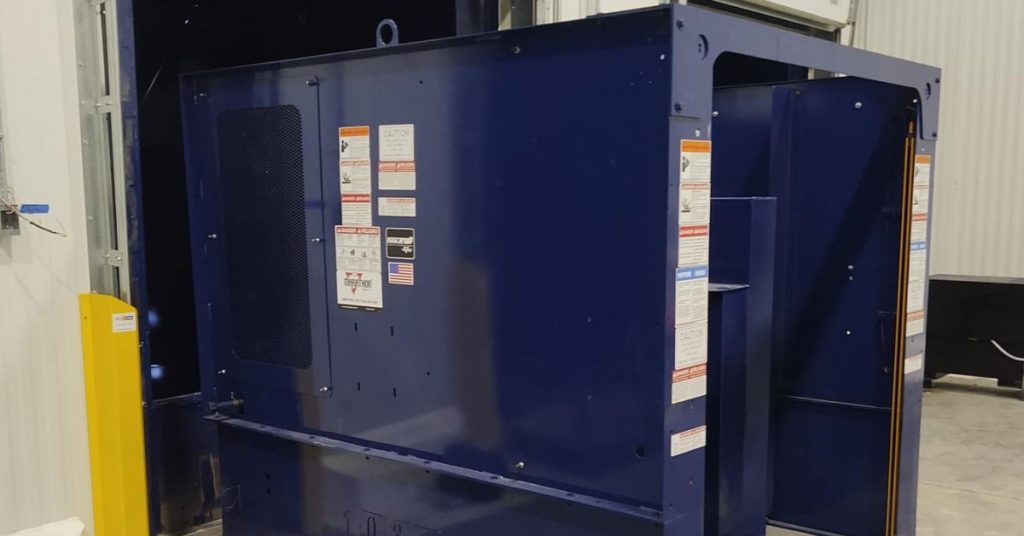
Adopt Digital Solutions for Waste Tracking
Technology has transformed many aspects of property management, especially waste management. Consider adopting waste management software to streamline your operations and gain valuable insights.
Benefits of Waste Management Software
- Tracking: Monitor waste generation levels, recycling compliance, and costs.
- Analytics: Identify trends to predict and prepare for times of increased waste production.
- Optimization: Find inefficiencies in your system and resolve them based on data insights.
Many platforms also allow you to schedule pickups, communicate with tenants, and track sustainability metrics to include in annual reports.
Foster a Community Culture Around Waste Management
Getting tenants to participate in your waste management initiatives may sound like a challenge, but creating a sense of community can make all the difference.
Encourage Friendly Competition
Implement a building-wide challenge to see who can reduce waste the most or recycle the most effectively. Offer small incentives like gift cards or a community party for the winners.
Host Informative Events
Hold workshops or demos where tenants can see how to separate waste, compost, or recycle properly.
Celebrate Wins
Share milestones like “Recycled 1,000 Pounds This Month!” to demonstrate the impact of your tenant’s efforts.
By implementing these waste management strategies for property managers, you’ll save money, foster tenant satisfaction, and positively contribute to the environment. Remember to start small, act consistently, and turn your property into a model for waste efficiency. If you’re looking to rent a compactor for your property, reach out to Compactor Rentals of America to learn more about our comprehensive rental programs.
